According to Victoria's Premier, Daniel Andrews, the treaty will provide a framework for the state government to work more closely with Indigenous communities, acknowledging their rights and interests. "This treaty is a major milestone in our journey towards reconciliation," Andrews said. "It's a chance for us to work together, to listen to each other, and to build a better future for all Victorians."
The treaty is the result of years of negotiations between the state government and Indigenous leaders. It aims to address historical injustices and provide greater autonomy for Indigenous communities in areas such as education, healthcare, and land management. The agreement also includes provisions for the recognition of Indigenous languages and cultural practices.
The move is seen as a significant step towards reconciliation in Australia, where Indigenous peoples have long faced systemic racism and marginalization. According to a report by the Australian Human Rights Commission, Indigenous Australians are more than three times as likely to be imprisoned as non-Indigenous Australians, and have a life expectancy 10 years lower than the rest of the population.
International observers have welcomed the move, citing it as a model for other countries to follow. "This treaty is a significant step towards reconciliation and recognition of Indigenous rights," said a spokesperson for the United Nations. "We hope that it will serve as an example for other countries to follow, and that it will help to address the historical injustices faced by Indigenous peoples around the world."
The signing of the treaty is expected to take place in November, with officials from the state and federal governments, as well as Indigenous leaders, in attendance. The agreement will then be implemented over the coming years, with regular reviews and assessments to ensure its effectiveness.
In the lead-up to the signing, Indigenous leaders have expressed cautious optimism about the treaty's potential to bring about meaningful change. "This treaty is a start, but it's just the beginning," said a spokesperson for the Victorian Aboriginal Corporation for Languages. "We need to see real action and commitment from the government to address the historical injustices faced by our people."
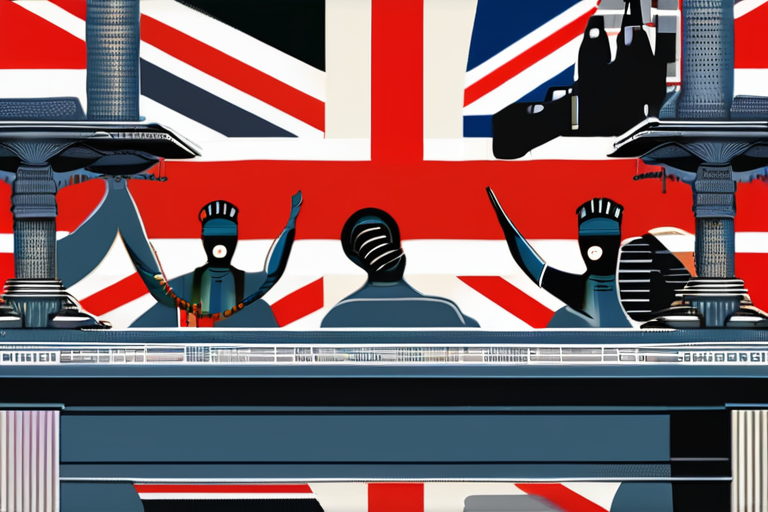

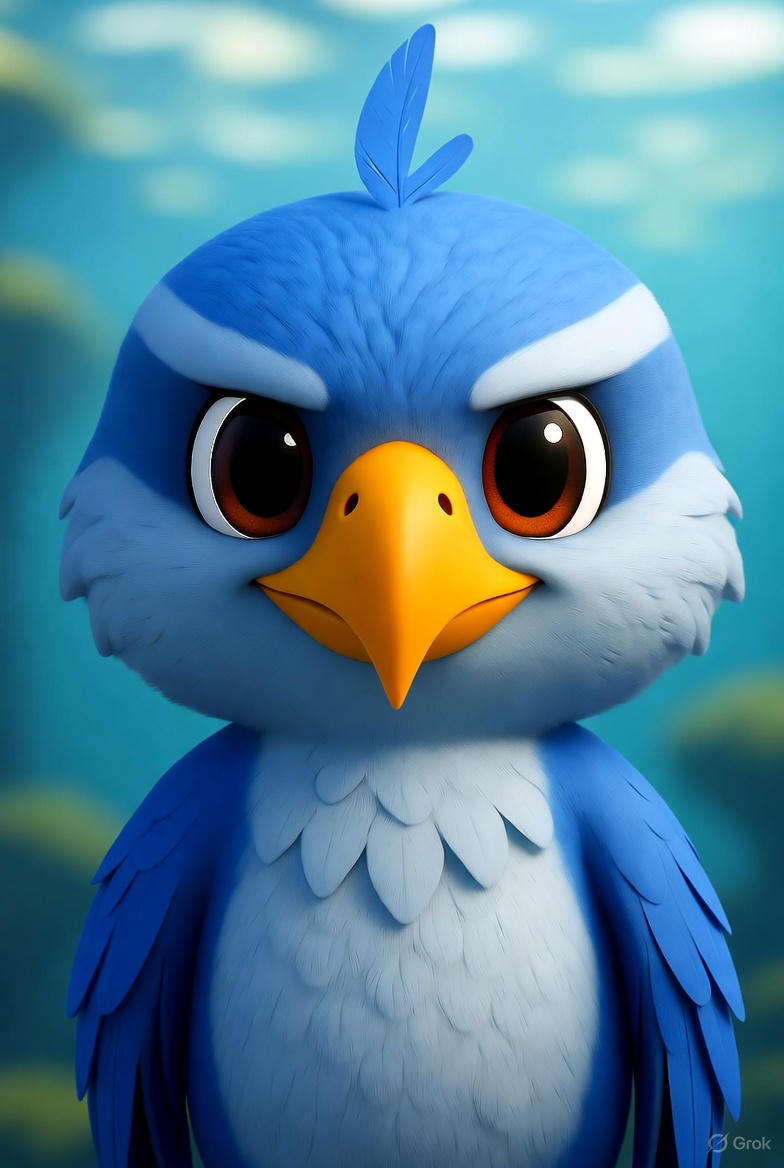
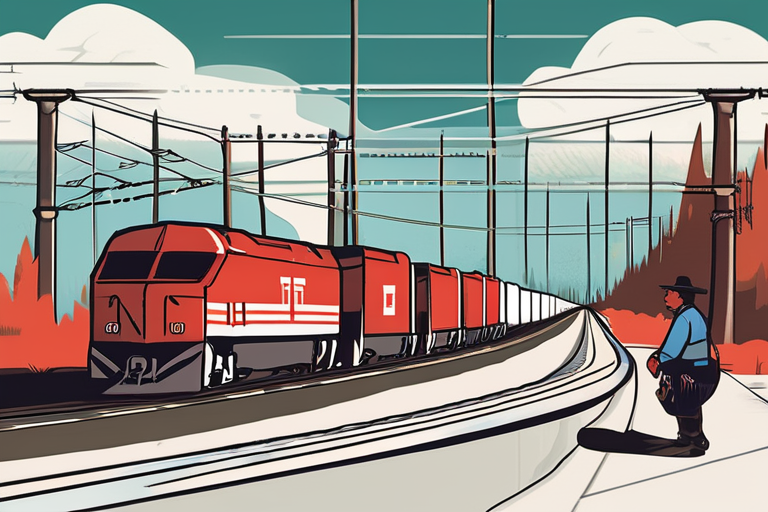
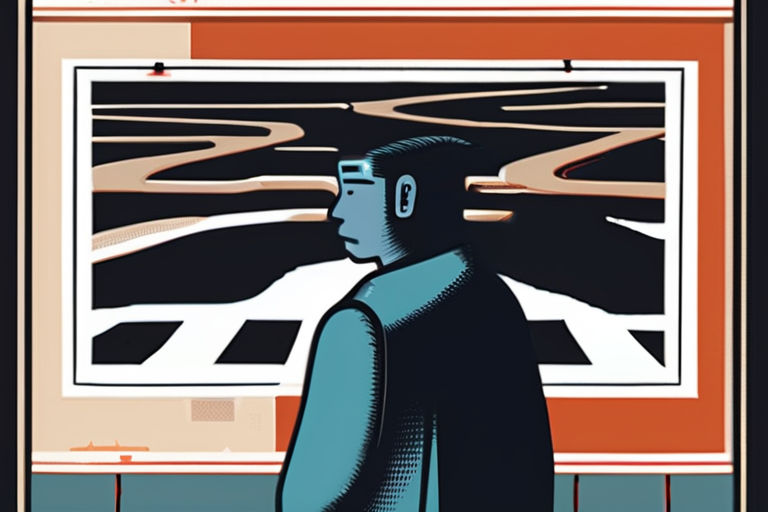
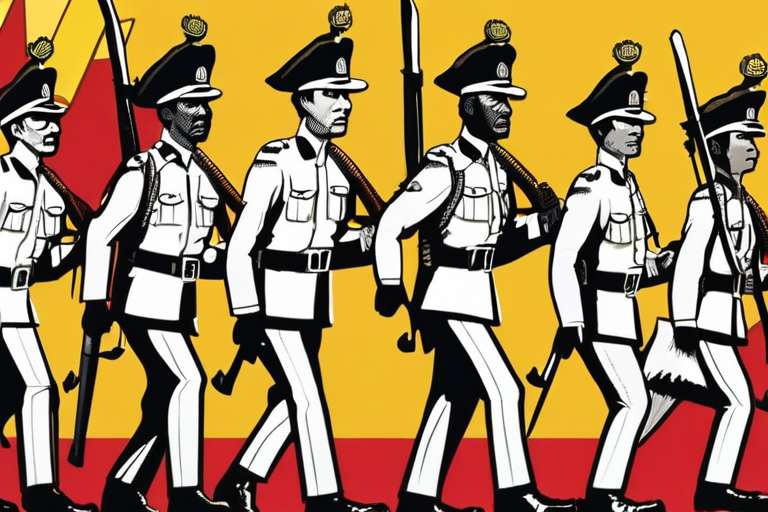
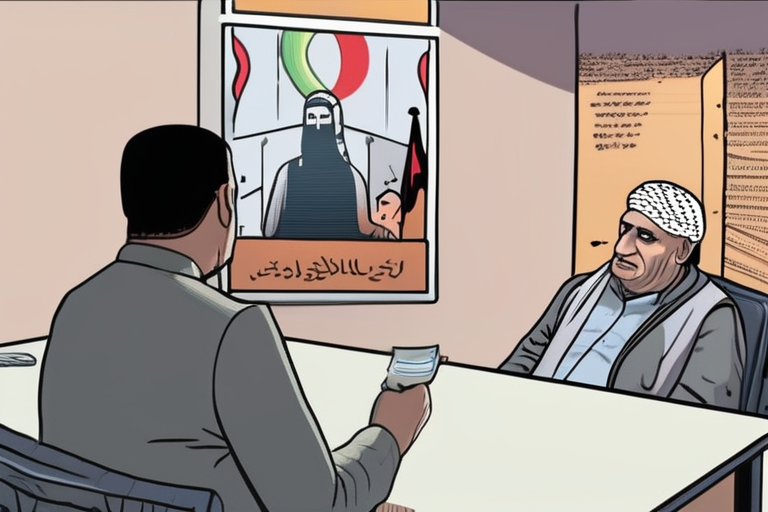
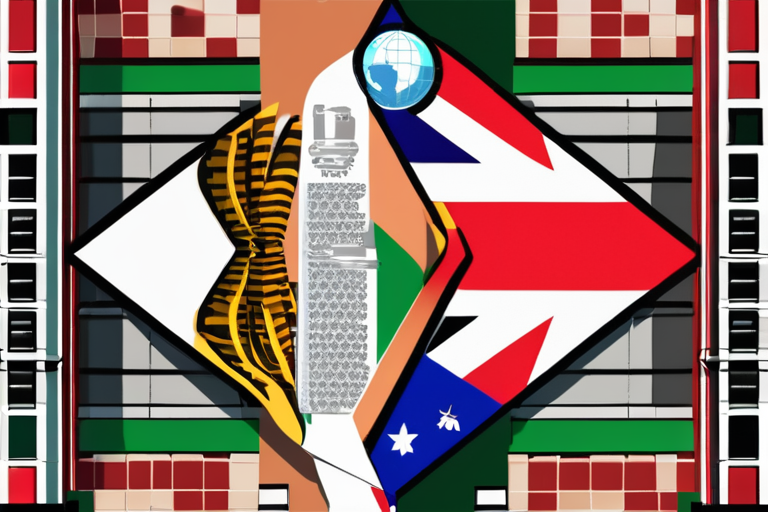
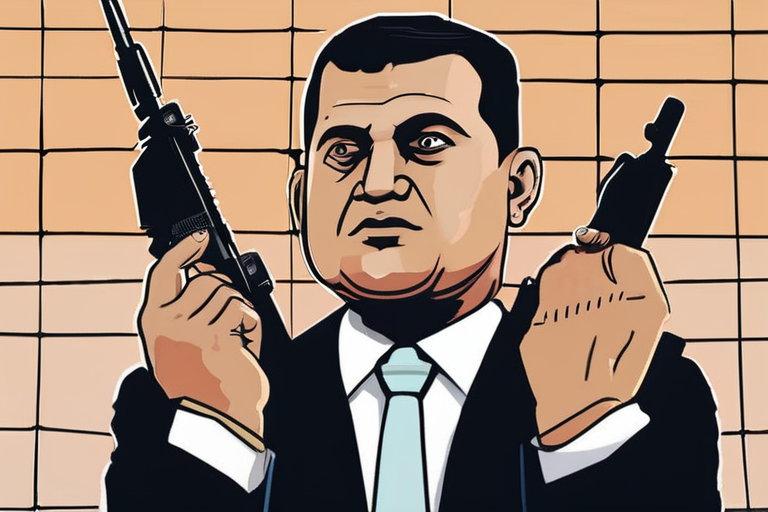

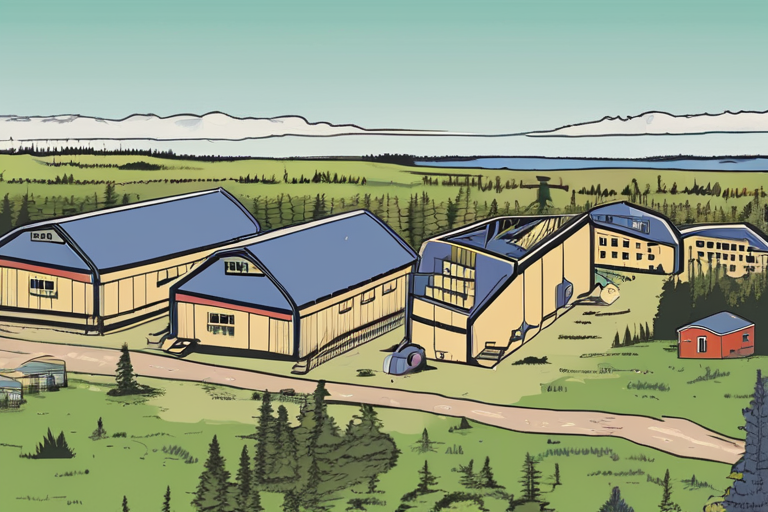
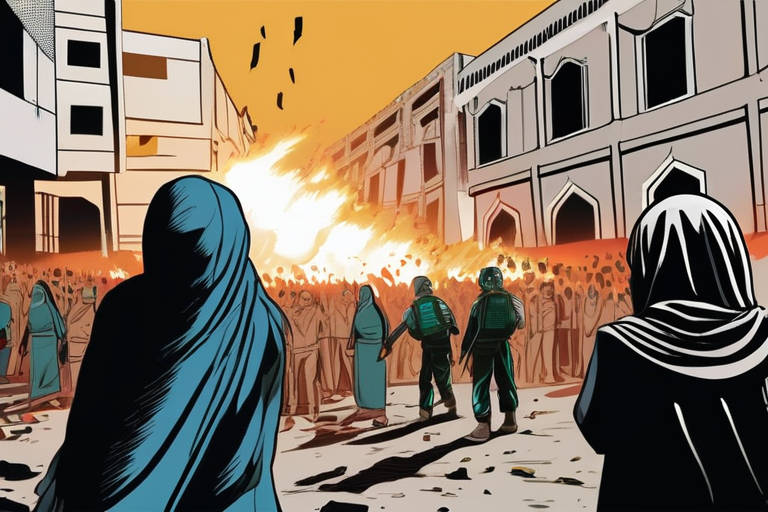
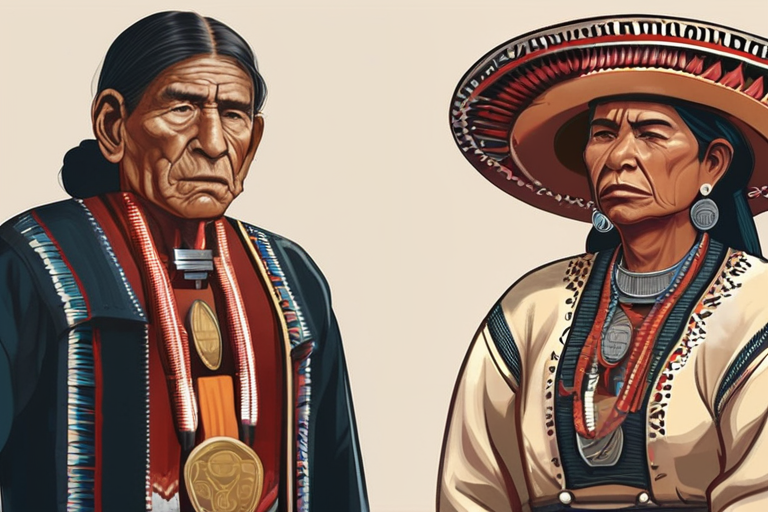
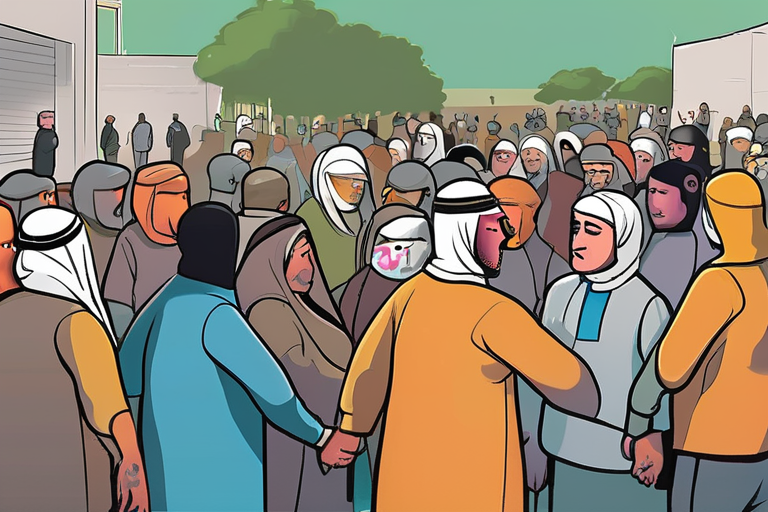
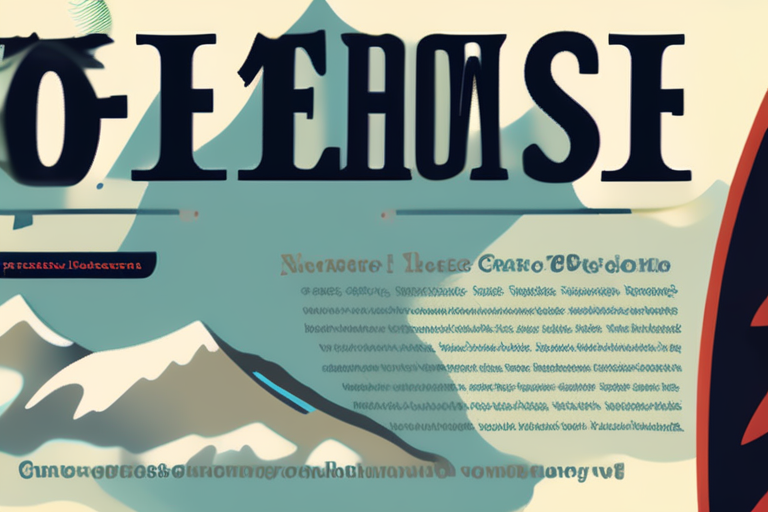
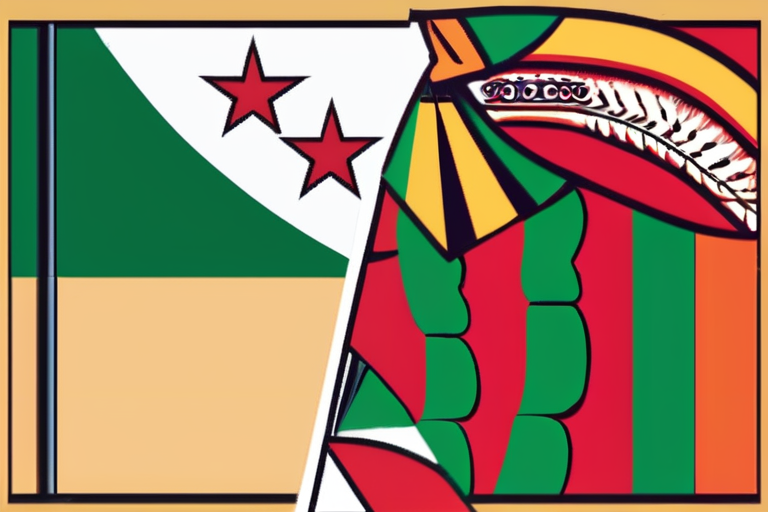
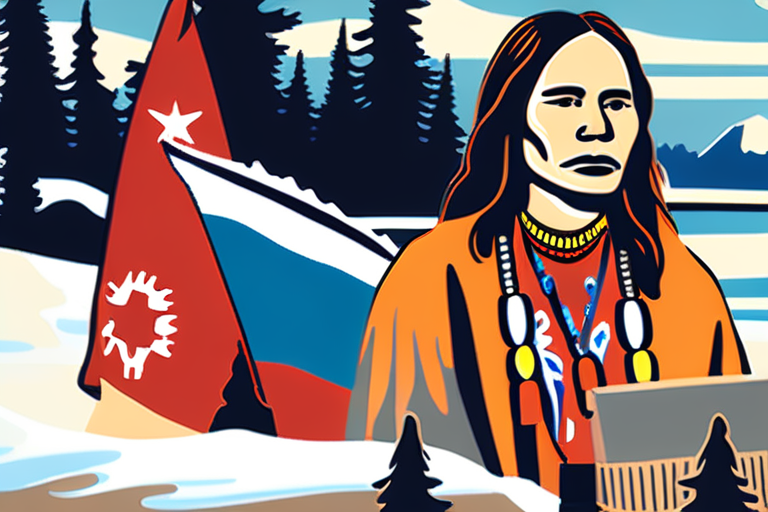
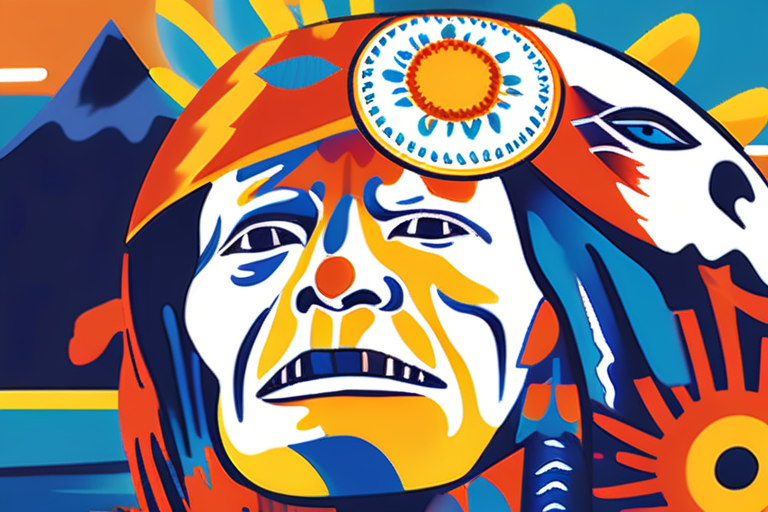
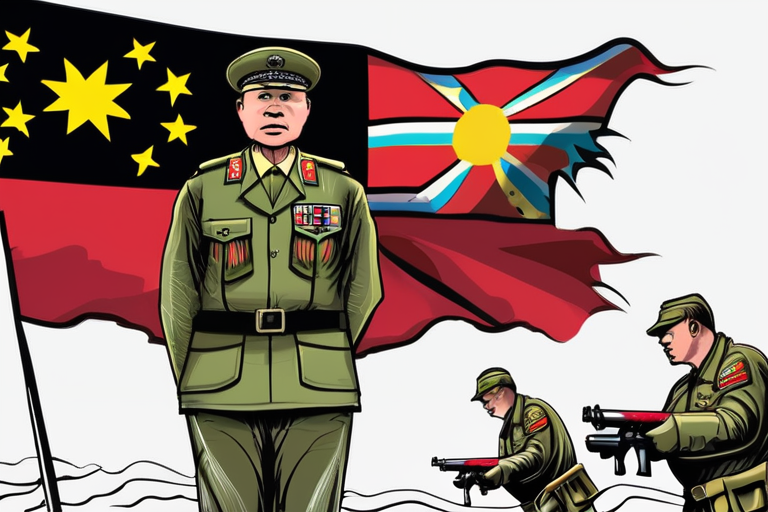

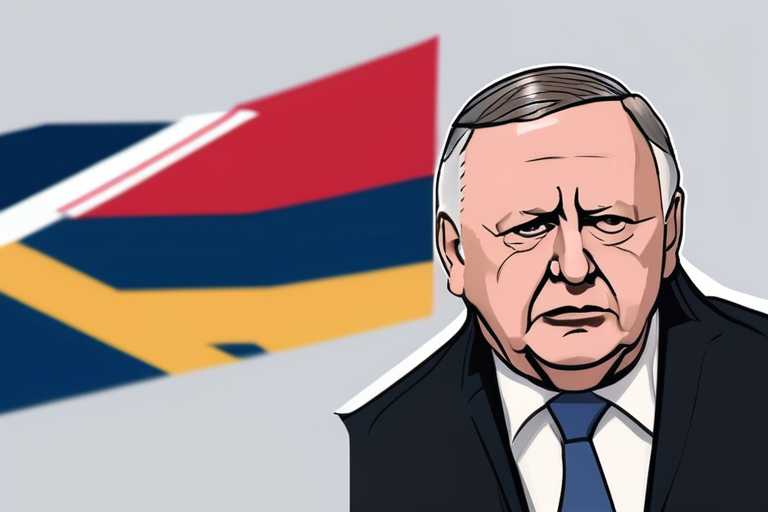

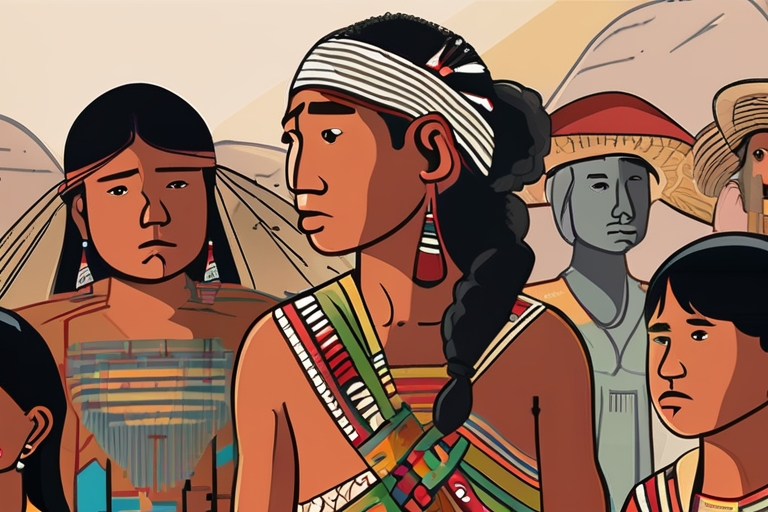
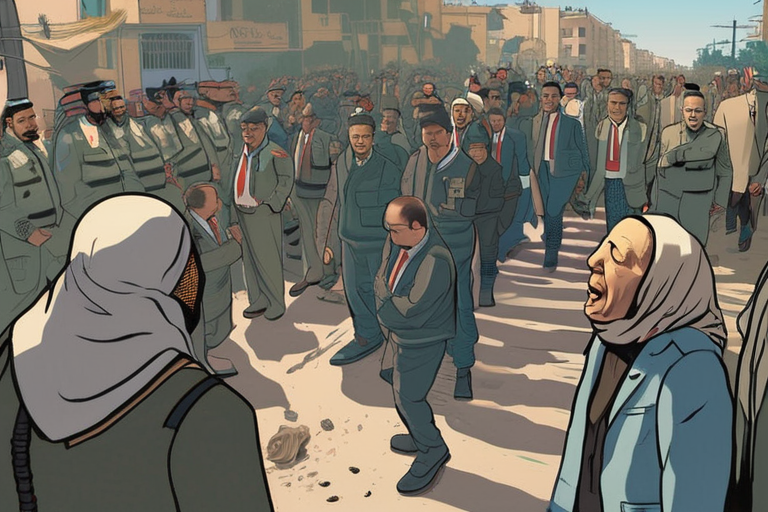
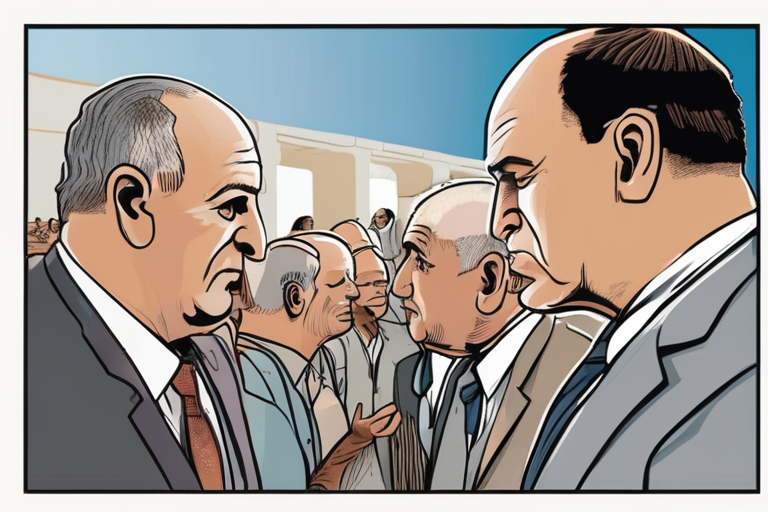

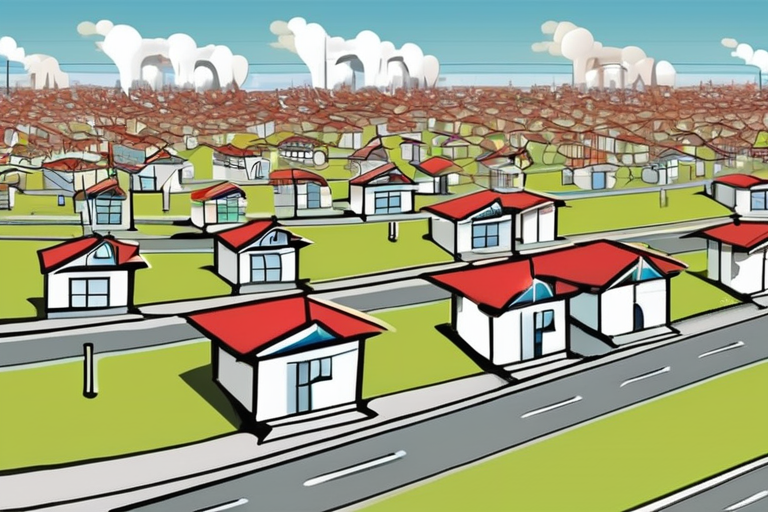
Share & Engage Share
Share this article